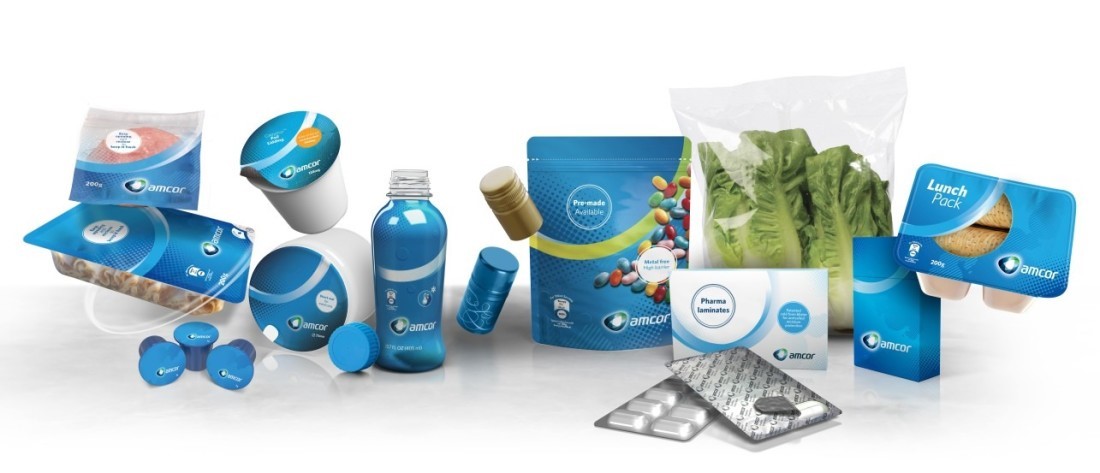

Amcor, one of the most prominent packaging organisations in the world, amounted to US$1.53 billion or AUD2.2 billion of excess imports to its consumer decks and recorded a 12 per cent price hike in the financial year 2022 due to the escalating prices of plastic films, resin and aluminium.

The Chief Executive, Ron Delia, confirmed that the company is willing to auction away its three Russian factories and schedule a US$200 million impairment deal for its operations in Ukraine and Russia. The Russia-Ukraine crisis has taken its toll on the industrial sector, with raw material prices and energy costs skyrocketing.
Ron Delia emphasised that there is no precise path to determine the tempo of price rise or decline in the prevailing financial year. Although, there have been reports of price alterations and balancing raw materials in certain places.
For a while now, Amcor has been in an upright position where it can endure any upcoming economic challenge that the world faces because of its solid customer base in the healthcare, food, residential and other end-user sectors.
“Our portfolio is now more defensive than it’s ever been,” he said.
Amcor has 225 active packaging plants scattered all over the globe and is a prominent developer of packaging solutions for cheese, meat, condiments, coffee, beverages, pet food, personal care and health care items.
Amcor reported a 13 per cent heightened earnings for the year ending on June 30, from US$12.86 billion one year back to US$14.5 billion annually. The net profit on a non-GAAP basis was elevated by 6 per cent to close at US$1.2 billion.
Mr Delia was boastful when he said that the interest inflammations introduced by central banks overseas could not affect the usual course of the enterprise that kept rolling products for the end-user sector. Only the month of June experienced a sales growth of 6 per cent, while the entire year accounted for an organic sales growth of 4 per cent, as he claimed.
The company’s momentum increased throughout the months of April and June. “It was actually our strongest quarter of the year,” he proudly quoted.
Ron Delia exclaimed that Amcor was bound to increase their production costs as the raw material prices, especially the specialist films, resin, and aluminium, have shown significant inconsistency the last few days due to the Chinese and Russian invading tactics that have disrupted the global trade route.
Somehow, the end-users were adjusting to the price increases; the demand was never low amidst such tumulus situations owing to long-standing contractual mechanisms already incorporated into their business deals to safely hover through the price hike dilemma of raw materials.
“The customers are well conditioned to that commercial model,” he commented. The increases are generally quarterly based.
In 2019, Amcor had written a check of US$9 billion confirming the purchase of Bemis in the US. The company is now being listed on the New York Stock Exchange after surpassing its primary Melbourne specifications.
After the purchase of Bemis in 2019, Amcor transferred its primary listings to the New York Stock Exchange but still has residual Chess Depository Interests that appear on the Australian Securities Exchange. CDIs are almost similar to shares, and the company’s performance on the board has been more than satisfactory for the last few months.
Since March, there has been an increase of 27 per cent for Amcor at the ASX, whereas the CDIs, which had only gathered US$14.76 till date, jumped to US$18.77 in a speck.
On August 18, Amcor declared that it was about to own a packaging business in the Czech Republic very soon as the company portrays a constructive balance sheet and is on the quest to acquire more assets.
“We think we have bolt-on acquisition opportunities across our portfolio,” he concluded.
Responses








